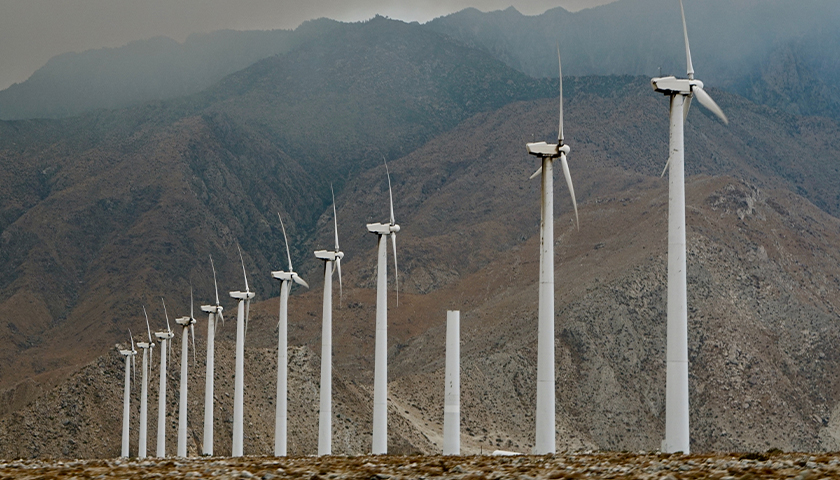by Bill Davis
The decision over whether to build solar and wind turbine farms in Ohio could soon fall to local voters.
Two separate bills – one in the House and one in the Senate – would allow local townships to decide for themselves whether approved renewable energy projects will actually be built.
Under current law, solar farms or wind turbines can be built by developers once their project is approved by the Ohio Power Siting Board. According to the new bills, the application would instead be sent to the local board of trustees, who would then have 30 days to decide whether to allow the project, ask for public opinion, or put the matter to a vote of the people in the next election.
Ohio Sens. Bill Reineke, R-Tiffin, and Rob McColley, R-Napoleon, brought the Senate bill to committee, while Reps. Craig S. Riedel, R-Defiance, and Dick Stein, R-Norwalk, introduced the House version.
“As a state legislator in Northwest Ohio, I represent the counties with the most wind development in the state,” Riedel said. “The beauty of this bill is that it gives local control to township residents for them to decide whether wind development is welcome to move forward or stopped where it is not welcome.”
“This is a fair bill that notifies developers of a potential referendum ahead of time while still ensuring that locals have a say,” Reineke said. “It’s truly about local control.”
According to the OPSB website, there are 364 working wind turbines in Ohio, with nearly 250 other projects either pending or in development.
OPSB permits ultimately earn millions of dollars in property tax revenue for local townships, which critics say would be lost if voters are allowed to turn down applications. Critics also claim the bill adds too much government legislation and control.
“No other sources of generation are subject to a similar public referendum,” Stephanie Kromer, Director of Energy and Environmental Policy in the Ohio Chamber of Commerce, said in a statement during the Senate bill’s recent third hearing. “Such a requirement would kill almost every solar and wind project moving forward in the state and reverse the regulatory certainty developers and investors rely on to make business decisions.”
The goal of the two bills isn’t to dissuade the construction of new renewable energy farms, according to the bills’ sponsors and many of their proponents. It’s about giving control to local landowners, who could see their land values adversely affected by farms that take up space.





